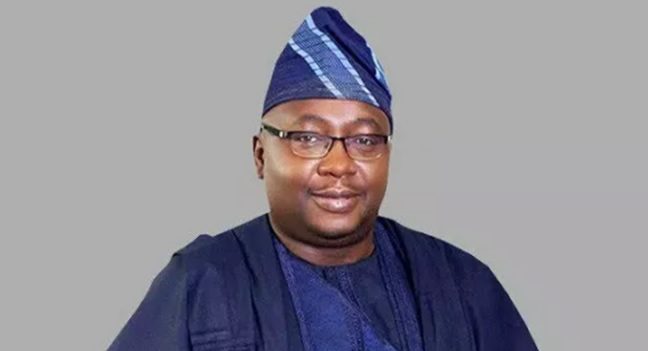The Electricity Consumer Protection Advocacy Centre (ECPAC) has voiced strong disapproval of the Ministry of Power’s assertion that over 40 percent of Nigerians now experience up to 20 hours of electricity supply daily. This claim, made by the Minister of Power, Chief Adebayo Adelabu, has raised eyebrows among consumer advocates who question the transparency and accuracy of the data provided. In an announcement on Sunday, Adelabu highlighted improvements in Nigeria’s electricity supply, attributing these advancements to several reforms under President Bola Tinubu’s administration. He stated, “Today we generate over 5,500 megawatts of power, and over 40 percent of customers enjoy over 20 hours of regular power supply.”
ECPAC’s Executive Director, Chief Princewill Okorie, criticized the minister’s claims, describing them as “laughable.” Okorie demanded clarity and credible reporting, especially considering that Nigeria is divided into 36 states and 774 local governments, which he believes complicates the assertion of widespread electricity access. He urged the Ministry of Power to establish a consumer protection department aimed at collecting accurate data regarding electricity supply instead of presenting seemingly inflated reports. Okorie emphasized the importance of addressing actual consumer complaints and concerns rather than relying on dubious statistics to paint a positive picture.
In defense of the ministry’s claims, Adelabu pointed to a focus on infrastructure improvements, underscored by the recent Electricity Act of 2023 aimed at liberalizing the sector. He noted a significant increase in installed generation capacity, which rose from 13,000 megawatts to over 14,000 megawatts, facilitated through the development of new hydroelectric power plants and upgrades to existing infrastructure. He acknowledged that upon assuming office, the state was only generating, transmitting, and distributing about 4,000 megawatts, raising questions about the capability to meet high demand.
Despite these reassurances, consumer advocates like Okorie remain skeptical of the ministry’s progress. He reiterated the critical need for increased engagement with citizens to understand their actual experiences with electricity supply, expressing a desire for real-time data and solutions rather than official announcements that may not reflect reality. Okorie’s continued advocacy highlights an essential disconnect between the government’s claims and consumer experiences on the ground. For many, daily electricity challenges overshadow the potential successes the ministry is reporting.
Minister Adelabu underscored the fundamental role of stable electricity in economic development, indicating that nations like South Korea and China are prime examples of how reliable power supply can drive industrial growth. He pointed out that achieving stable and affordable electricity should be a priority for Nigeria to support various sectors reliant on consistent power. He cited President Tinubu’s Renewed Hope Agenda as a commitment to achieving electricity stability to catalyze economic growth, asserting that without reliable electricity, other critical sectors cannot function optimally.
With optimism for the future of Nigeria’s electricity sector, Adelabu presented ongoing initiatives such as the Presidential Metering Initiative, aiming to install over 10 million meters in five years. He is hopeful that these efforts will lead to a significantly electrified population, create job opportunities, and enhance industrial production. Ultimately, the debate continues as consumer advocates call for accountability and transparency, while the ministry remains committed to reform and development in the electricity sector amidst considerable skepticism from the public.














